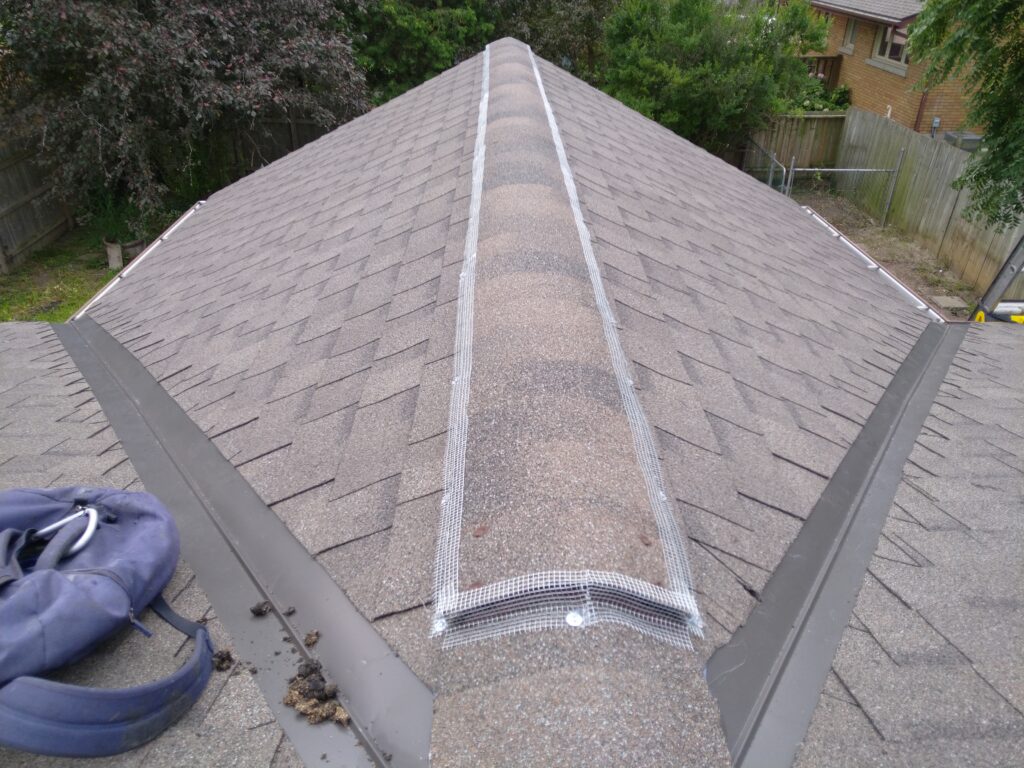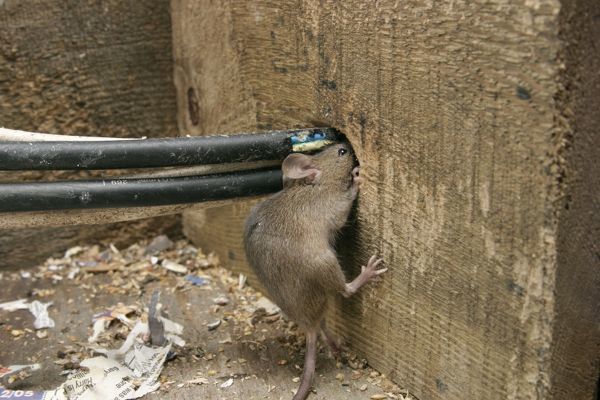When you live in Coquitlam with a significant population of rodents, a mice infestation is a common fear. Homeowners are relatively familiar with the damage mice can do, including chewing through structural components and wires. Simply put, an infestation presents a significant health and safety risk.
Because of the risks, many homeowners spend hours searching for solutions to make their homes impenetrable. Unfortunately, most commercial offerings are not 100% effective. However, some families have found success with spray foam insulation, but is it a cure-all for your rodent worries?
Do Mice Have an Interest in Spray Foam?
As most experts in wildlife control in Coquitlam will explain, mice do not have a particular interest in spray foam because it does not provide any nutritional value. Therefore, you can set a mouse down in front of some foam insulation, and it will walk away.
However, the effectiveness of the spray foam depends on its thickness. If a mouse can smell food behind the barrier, it will begin to test the strength of the barrier; In some cases, chewing the foam to access what’s within.
Can Spray Foam Prevent Mice From Entering Your Home?
When looking for how to get rid of mice in Coquitlam, spray foam will typically appear on the search results list. However, spray foam alone is not enough to prevent a mouse from entering a property.
When you think of your house, try to picture it in layers: the siding, the substructure, the insulation, etc. Each of the components that make up the structure of your home adds to its durability. While spray foam is one component of the house, it is not the most impenetrable material, especially when pitted against the jaws and teeth of mice.
The way spray foam protects a home is through the creation of a seal. When the seal is applied correctly and is thick enough, it can prevent odours from escaping the house, meaning mice will be less motivated to get to the other side of the wall. In that sense, spray foam can prevent mice from entering a house.

Will Mice Still Chew Through the Material?
Mice are incessant chewers. They need to chew to file down their teeth, which grow continuously. It is not uncommon for mice to chew on and through aluminum, wood, insulation, and various other materials. If a mouse can handle these rigid materials, it can chew through spray foam.
However, whether a mouse chews on spray foam insulation depends on its determination to get through the material. Unlike fibreglass insulation, spray foam does not provide the greatest nesting material, and depending on the thickness, the odour does not penetrate the material. Therefore, in most scenarios, mice will find little reason to put forth the effort of chewing through spray foam.
How Can You Prevent Mice From Coming Into Your Home?
Preventing mice from entering your home is about sealing the property, but it is also about maintenance and cleaning. You want to make sure to keep all pet food in storage containers. It would also be best if you kept bird feeders and plantings away from your home’s structure. Finally, it would be best to start cleaning and sweeping after every meal to eliminate crumbs.
Like most wild animals, mice are motivated by food and shelter, and if you can find ways to make your home unpalatable, you should be able to reduce the risk of an infestation. However, if you believe you already have mice in your home, contact Skedaddle Humane Wildlife Control to schedule a property assessment. The company will send a technician out to inspect the house and property to determine the extent of the problem and potential solutions.



